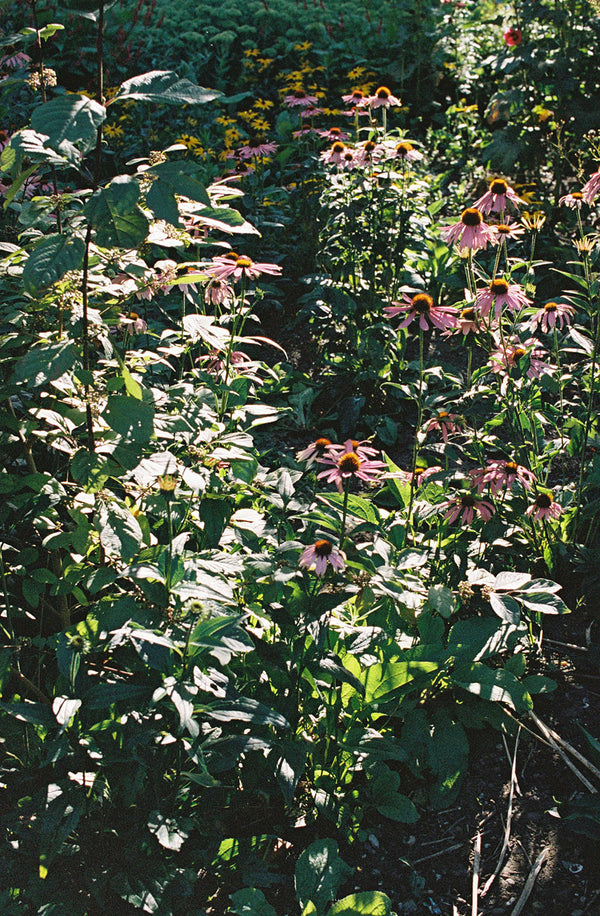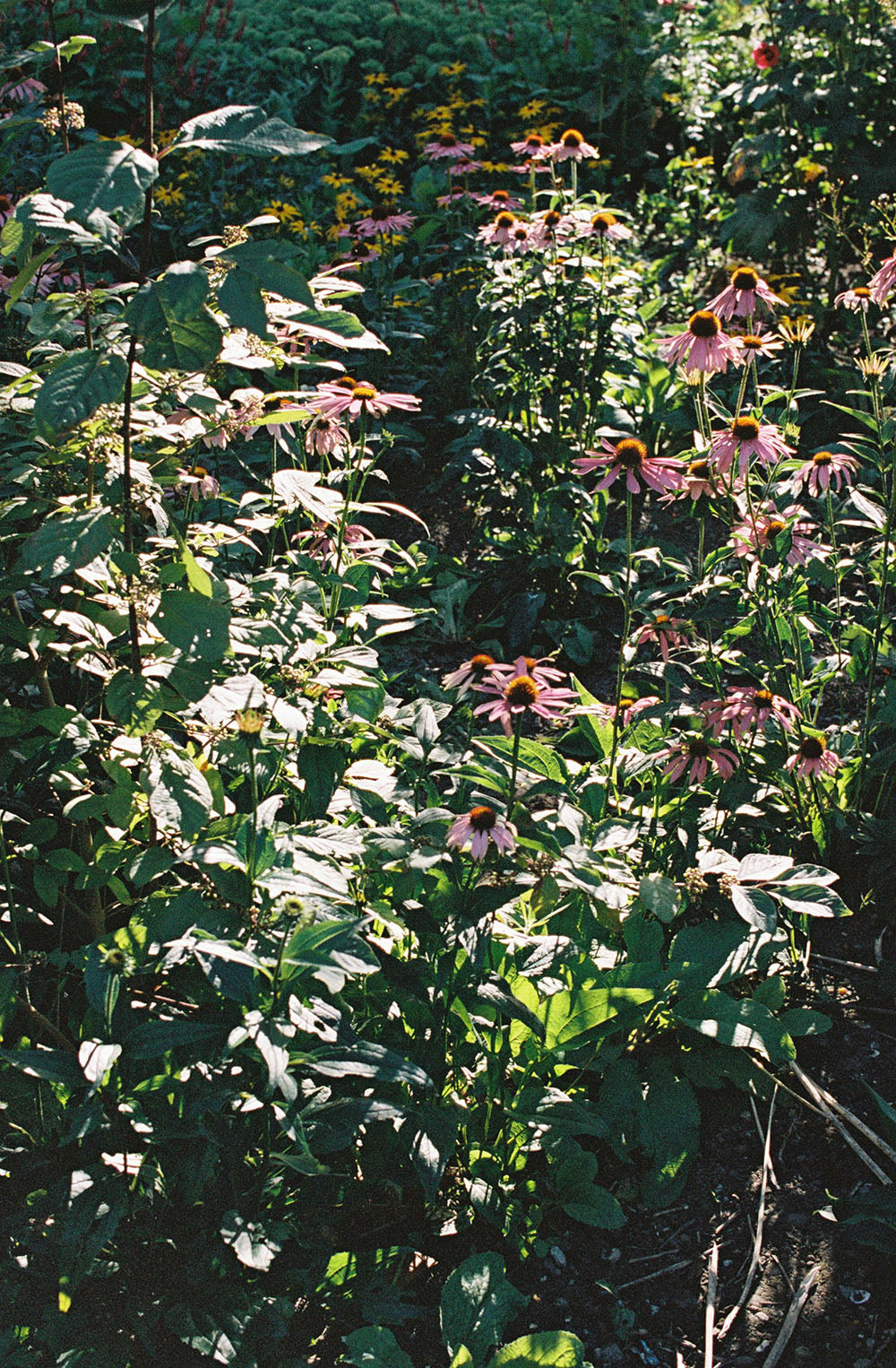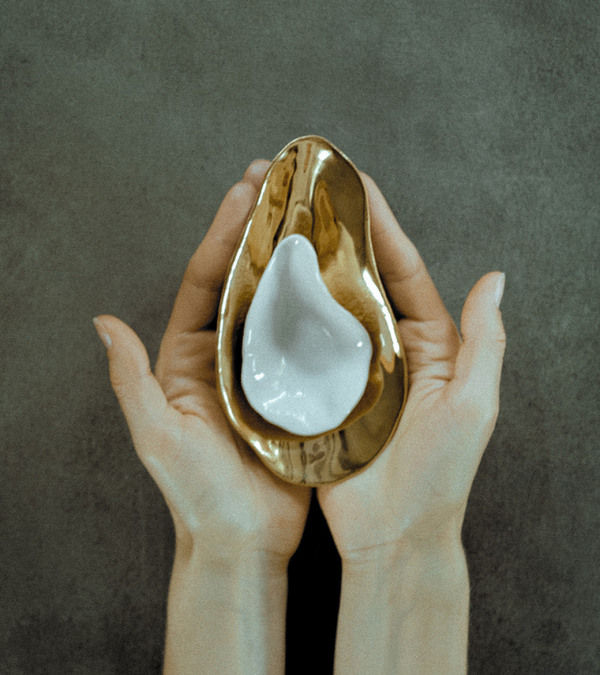
Health
By Victoria Meniakina.
There is something special about immersing your fingers in the soil – something grounding and connecting to the essence of all life, to the earth and to ourselves; something primal and delicate at the same time. Gardening can be compared to the mindfulness practice — as we tend to the garden we tend to ourselves — we learn to be in the present moment, observe the textures, colors, shapes, sounds and smells, let go of control. In return, gardening presents an array of therapeutic benefits — mental, physical, social and can boost mood and creativity — which I set out to discover in practice.
As a city dweller, I found gardening intimidating at first. Curious about those therapeutic benefits, I decided to take a stab at it. And as I was looking at my newly acquired plants crowded in a balcony in need of tending and repotting, I started letting go of control by repeating the traditional Zen adage "you gather more flowers with an open hand than a closed fist”. Tackling each plant, tree and herb one by one, I was able to give in to the flow as if the knowledge has been inside of me already, passed through generations, and dating back to the ancestors who lived in much closer proximity to Mother Earth than we nowadays do.







